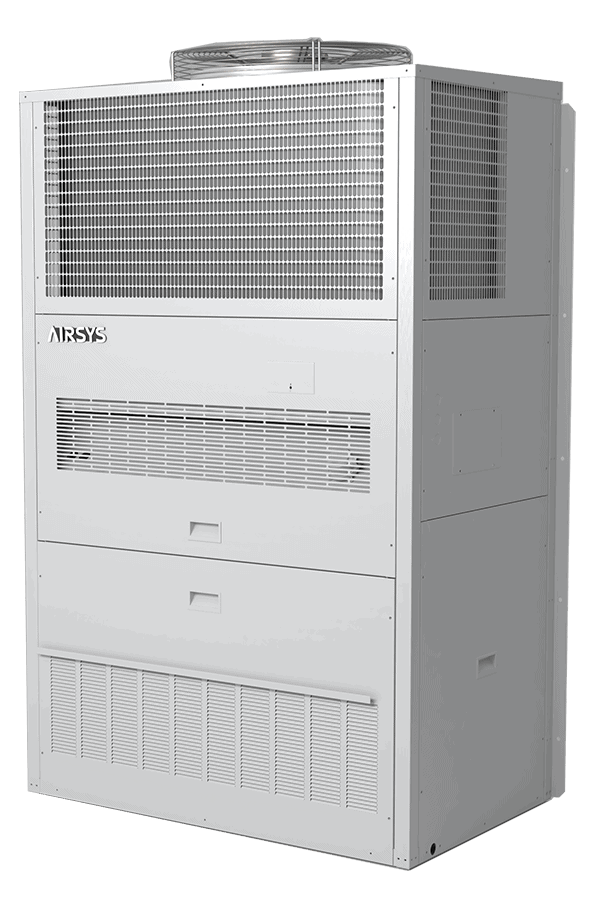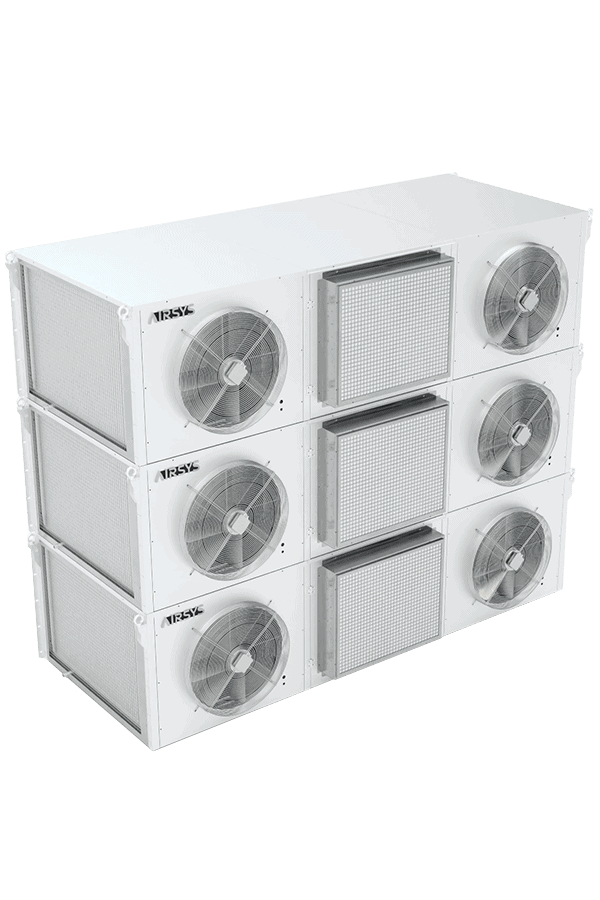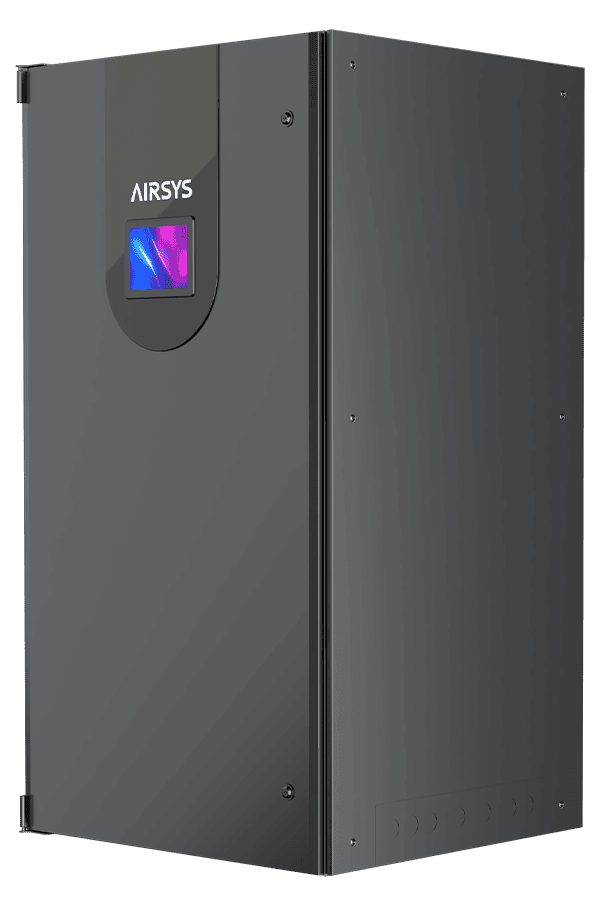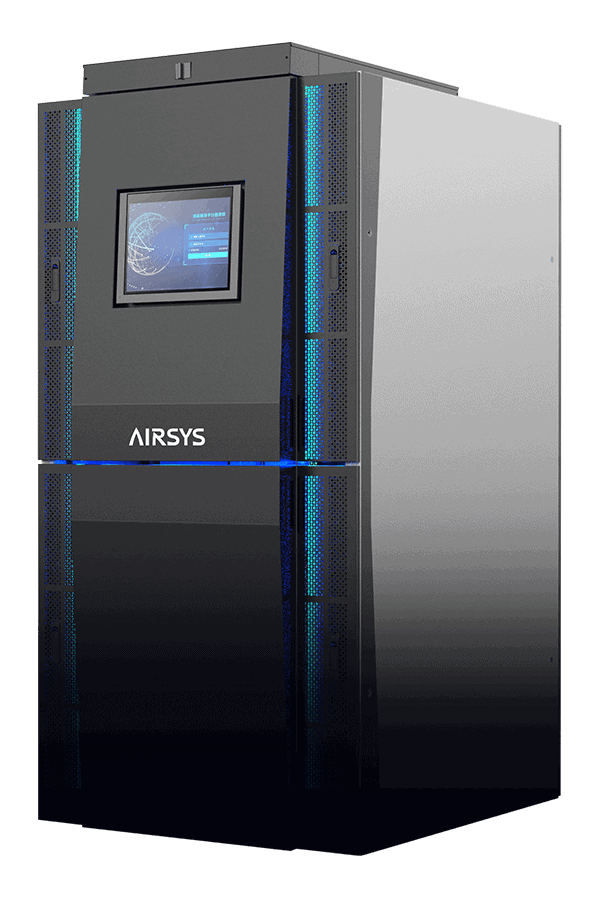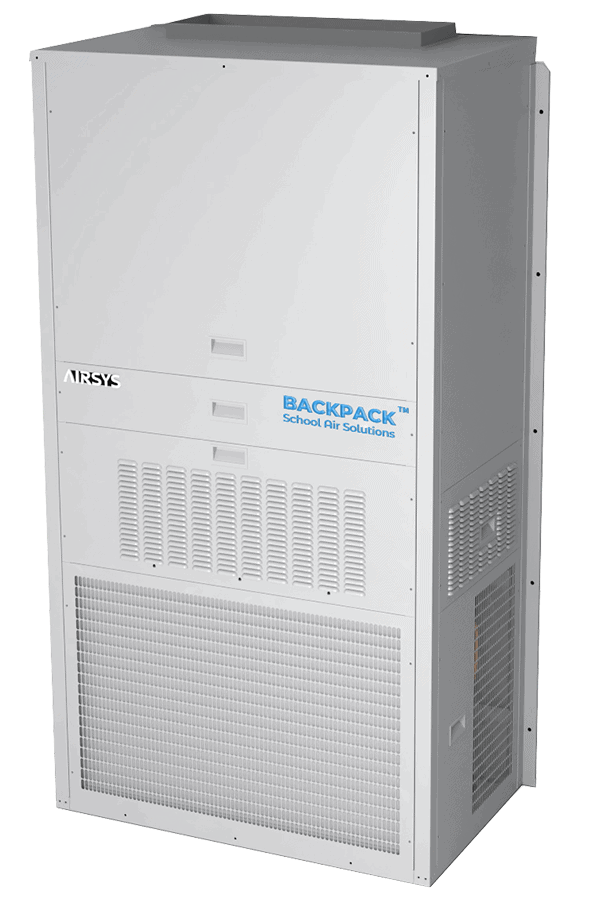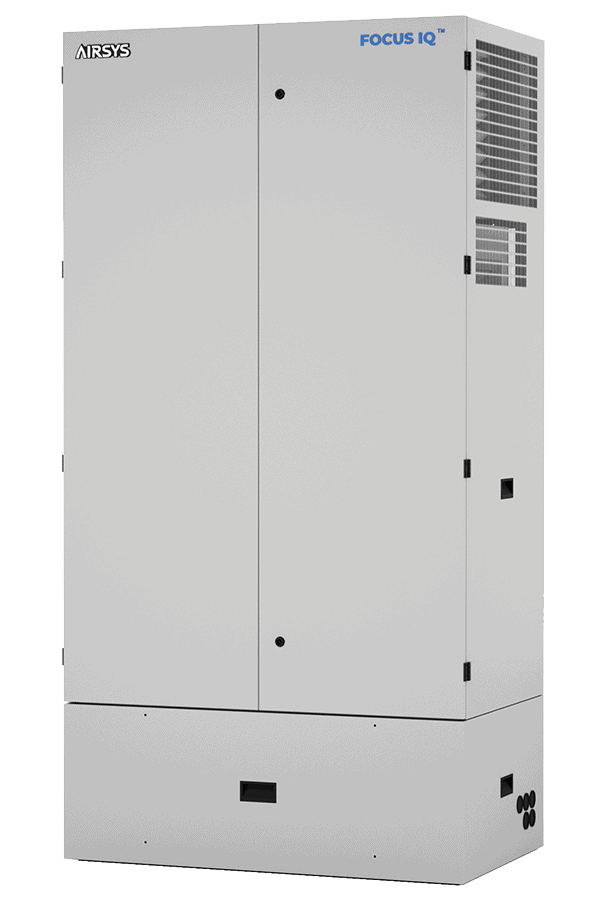
How to Prepare Your Data Center for Hurricane Season 2024?
September 4, 2024
Humidity Control in Data Centers: Expert FAQs Answered
October 24, 2024Think about your household chores — no one enjoys doing them. Still, keeping the house clean and in top shape enhances your living experience and helps preserve and increase its value. This principle takes on even greater significance when applied to data center cooling systems.
Data centers are the backbone of the modern world, so maintaining their cooling systems becomes a critical mission in itself. Preventative maintenance of cooling systems not only preserves their functionality but directly impacts the operational efficiency and reliability of the entire data center. In essence, cooling system maintenance becomes a cornerstone of data center performance.
What Should Determine Your Preventative Maintenance Schedule?
Preventive maintenance aims to avert major issues that result in costly repairs and downtimes. To achieve this, regular maintenance tasks should be performed at specific intervals to ensure cooling systems are consistently monitored. These intervals should be frequent enough so that even if a problem arises, it can be resolved quickly before it escalates.
But how do you decide when to perform maintenance tasks? Two main approaches exist:
- Manufacturer and Industry-Based Scheduling: This method follows the manufacturer’s recommendations and industry best practices. Manufacturers typically have the most comprehensive knowledge of their equipment and can guide optimal maintenance frequency.
- Condition-Based Maintenance: This strategy relies on data collected from the cooling units themselves. By analyzing the behavior patterns and historical performance of the systems in your specific facility, you can tailor maintenance to your equipment’s unique needs, accounting for local factors that might impact performance.
While manufacturer-based maintenance covers standard operating conditions, condition-based maintenance offers a more customized approach. For optimal results, it’s recommended that you implement a “hybrid” preventative maintenance schedule that is both comprehensive and responsive to their systems’ specific demands.
What Does Cooling System Maintenance Include?
After establishing your maintenance schedule, it’s crucial to identify the necessary maintenance tasks. Typical routine preventive maintenance activities include:
- Comprehensive visual and technical unit inspections (checking for leaks, clogs, and other issues)
- Filter maintenance (cleaning and replacement)
- Refrigerant level checks
- Coil cleaning
- Lubrication of moving components
- Compressor oil maintenance
- System control monitoring
But Why Should You Even Bother? Here Are Seven Benefits of Data Center Cooling Preventative Maintenance
Preventive maintenance might seem like a hassle, but the benefits it brings to your data center’s cooling systems — and the data center as a whole — are undeniable.
Improved Cooling Performance
Regular preventive maintenance ensures that your cooling systems operate at peak performance levels. Keeping components clean, well-lubricated, and free of obstructions enhances the system’s ability to do its job properly and realize its maximum cooling capacity. This consistent performance maintains optimal conditions within the data center, safeguarding sensitive equipment and ensuring reliable operation.
Energy Efficiency
Preventative maintenance plays a significant role in optimizing a data center’s Power Usage Effectiveness (PUE). Well-maintained cooling systems that operate more efficiently consume less energy, which directly translates to lower energy costs. As cooling typically accounts for a significant portion of a data center’s energy consumption, even small efficiency improvements can lead to substantial savings over time.
Reduced Environmental Impact
Preventive maintenance not only improves the efficiency of cooling systems but also reduces their environmental footprint. Through lowered energy consumption, well-maintained cooling systems emit fewer greenhouse gasses and promote a more sustainable operation. Additionally, by extending the lifespan of your cooling equipment, you reduce the need for frequent replacements, minimizing waste and conserving resources.
Extended Equipment Lifespan
Regular maintenance significantly extends the operational life of your cooling equipment. By addressing minor issues before they escalate, you prevent unnecessary wear and tear on system components.
Fewer Breakdowns and Unplanned Downtime
According to the Institute of Electrical and Electronics Engineers (IEEE), a well-structured preventive maintenance program can reduce the likelihood of unplanned outages by up to 66%. This statistic underscores the critical role of preventative maintenance in ensuring business continuity. When cooling system issues are either prevented or addressed early, the system’s operation remains largely unaffected, allowing the entire data center to continue running uninterruptedly.
Cost Saving
A cooling system maintenance accounts for 75% of the unit’s total cost of ownership (TCO); however, a well-maintained system is more efficient, reliable, and economical, reducing overall TCO. Cost saving is also achieved through avoiding costly repairs, eliminating breakdowns, and maximizing the lifespan of your equipment. For example, if you purchase a cooling system with a projected lifespan of 10 years, regular maintenance ensures it meets that expectation. Without maintenance, you might have to replace the unit in 5 years, doubling your costs. Ultimately, preventative maintenance leads to a better return on investment and reduced capital expenditure in the long run.
Enhanced Overall Data Center Performance
Perhaps the greatest benefit of cooling units’ preventative maintenance is that the six advantages above extend beyond just the cooling systems — they collectively contribute the entire data center. When your cooling systems perform optimally, they facilitate continuous data center operation (preventing IT infrastructure from overheating, maintaining air quality, etc.). As a result, the overall operation of the data center is optimized, leading to better performance, efficiency, and cost savings throughout the entire facility.
The Importance of Maintenance Is Reflected in Cooling System Design
The myriad benefits of preventative maintenance reinforce its essentiality to data center operations, so much so, that simplified maintenance has become a key factor to consider when choosing a data center cooling system.
Amid this significance, modern cooling solutions are now either designed with reduced maintenance requirements or specifically engineered to be maintenance-friendly.
For instance, in free cooling technology, where proper maintenance is crucial for optimal performance, manufacturers have implemented innovative solutions to simplify maintenance. They now integrate AI algorithms that analyze sensor data to predict maintenance needs proactively. Also, AIRSYS’ LiquidRack™ cooling solution offers simplified maintenance with lightweight, pull-out servers that provide easy access to internal components.
Simplified maintenance and maintenance accessibility ensure that data center operators consistently perform necessary upkeep, maximizing the performance and longevity of their cooling systems without compromise.
Cooling System Maintenance: The Foundation of Data Center Excellence
Preventative cooling system maintenance is not just a best practice; it’s a fundamental requirement for optimal data center operation. Subsequently, as cooling requirements continue to evolve, the importance of preventative maintenance will only grow, making it an essential aspect of data center management strategies.
At AIRSYS, our dedication to sustainability, reliability, and innovation drives everything we do, and we ensure these values are reflected in the cooling systems we deliver to you. Indeed, implementing preventive maintenance makes it easier to achieve these high standards. To promote this goal, we offer comprehensive consultation services for your data center cooling needs. We offer 24/7/365 support and provide year-round training to ensure our clients are well-prepared to manage and maintain our advanced units. Don’t hesitate to contact us today.

